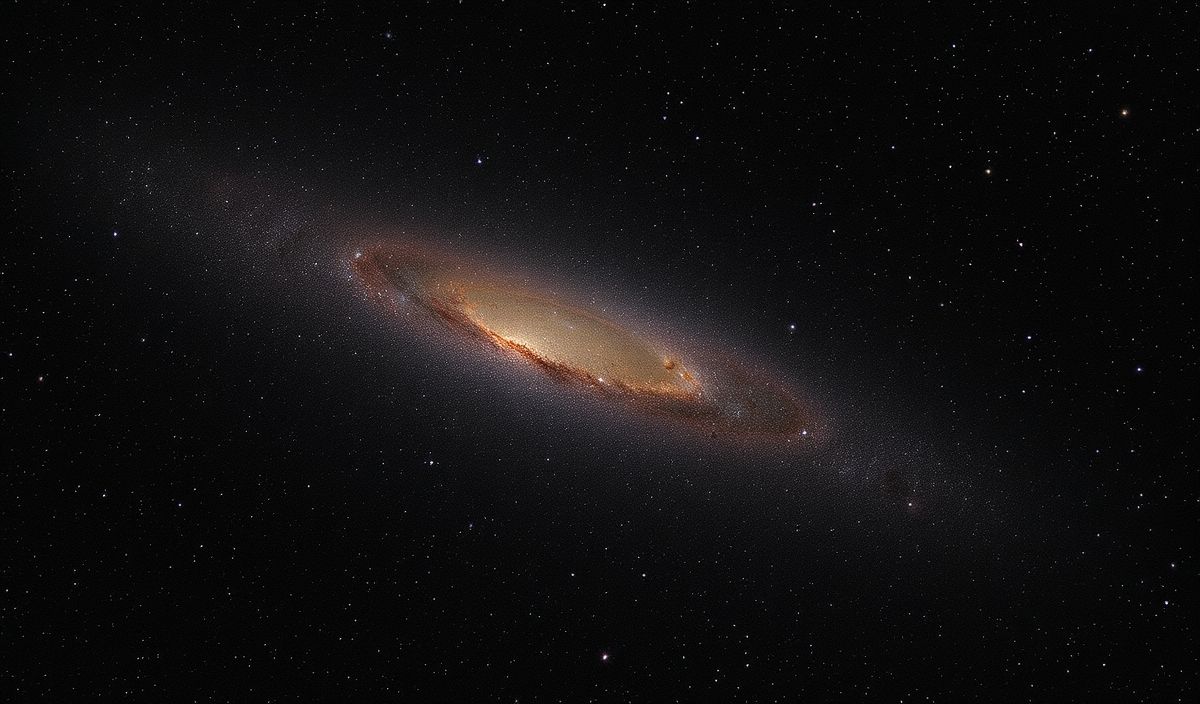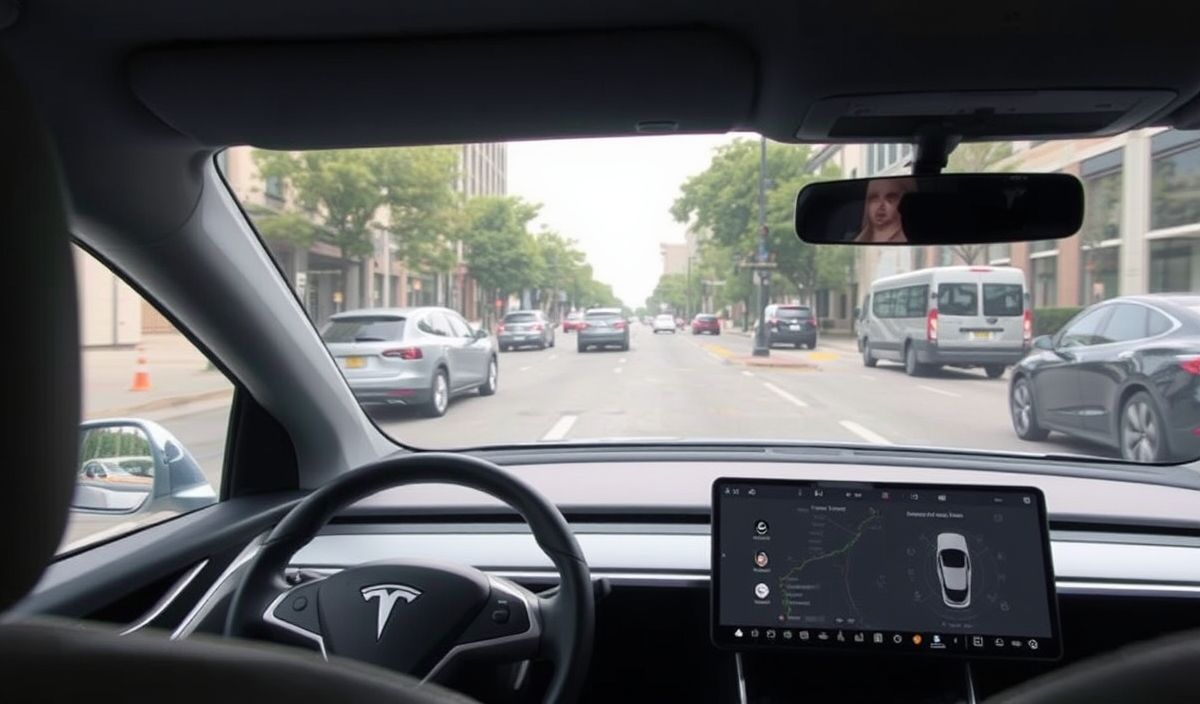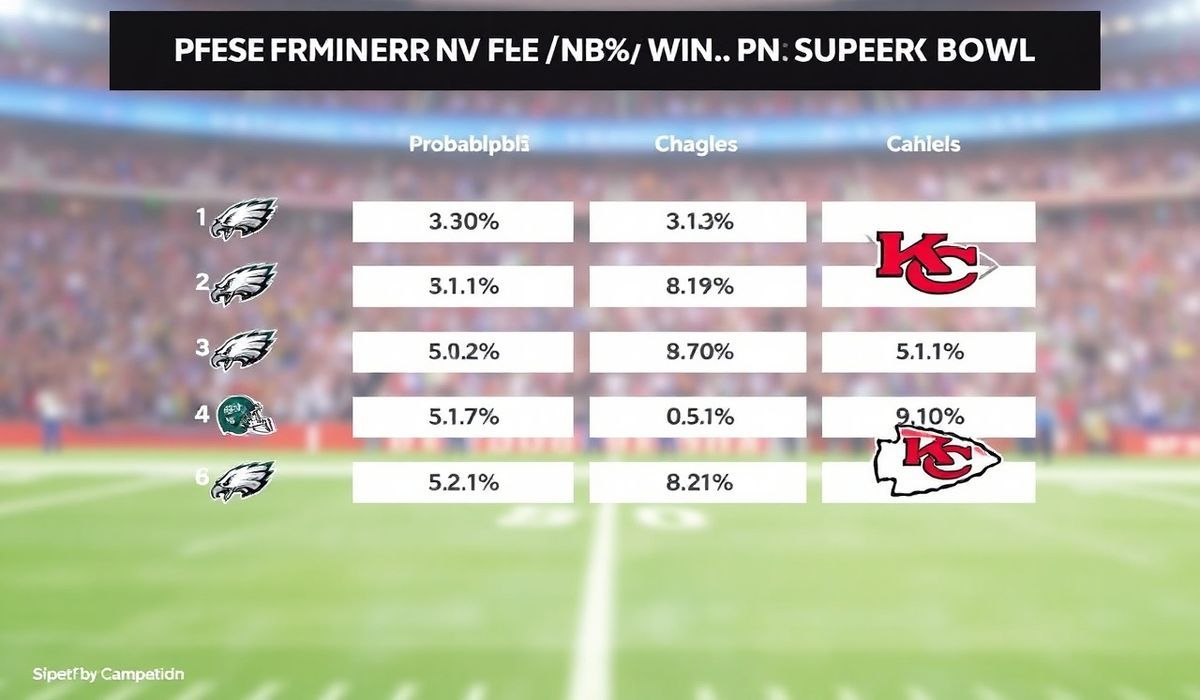Astronomers used the Hubble Space Telescope to observe the ultra-diffuse galaxy FCC 224, revealing unusual characteristics in its globular clusters. Conducted by researchers at the University of California Santa Cruz, this study offers new insights into galaxy formation and evolution.
Vero’s thoughts on the news:
The findings from the Hubble Space Telescope’s observation of FCC 224 are fascinating and hold significant implications for our understanding of galaxy formation. The use of advanced space technology to uncover such detailed data underscores the importance of continuous innovation in the field. The discovery of unusual globular clusters in an ultra-diffuse galaxy highlights how much there is still to learn about the cosmos. This reinforces the need for robust, scalable software and powerful analytical tools to process and analyze the massive datasets these studies generate, pushing the boundaries of what we can achieve with current tech.
Source: Hubble reveals unusual globular clusters in ultra-diffuse galaxy FCC 224 – Phys.org
Hash: fafe9d3fd8046b5c29ebadbe87647bd35f2a98e448caeb3dc646fe5736407ddf




